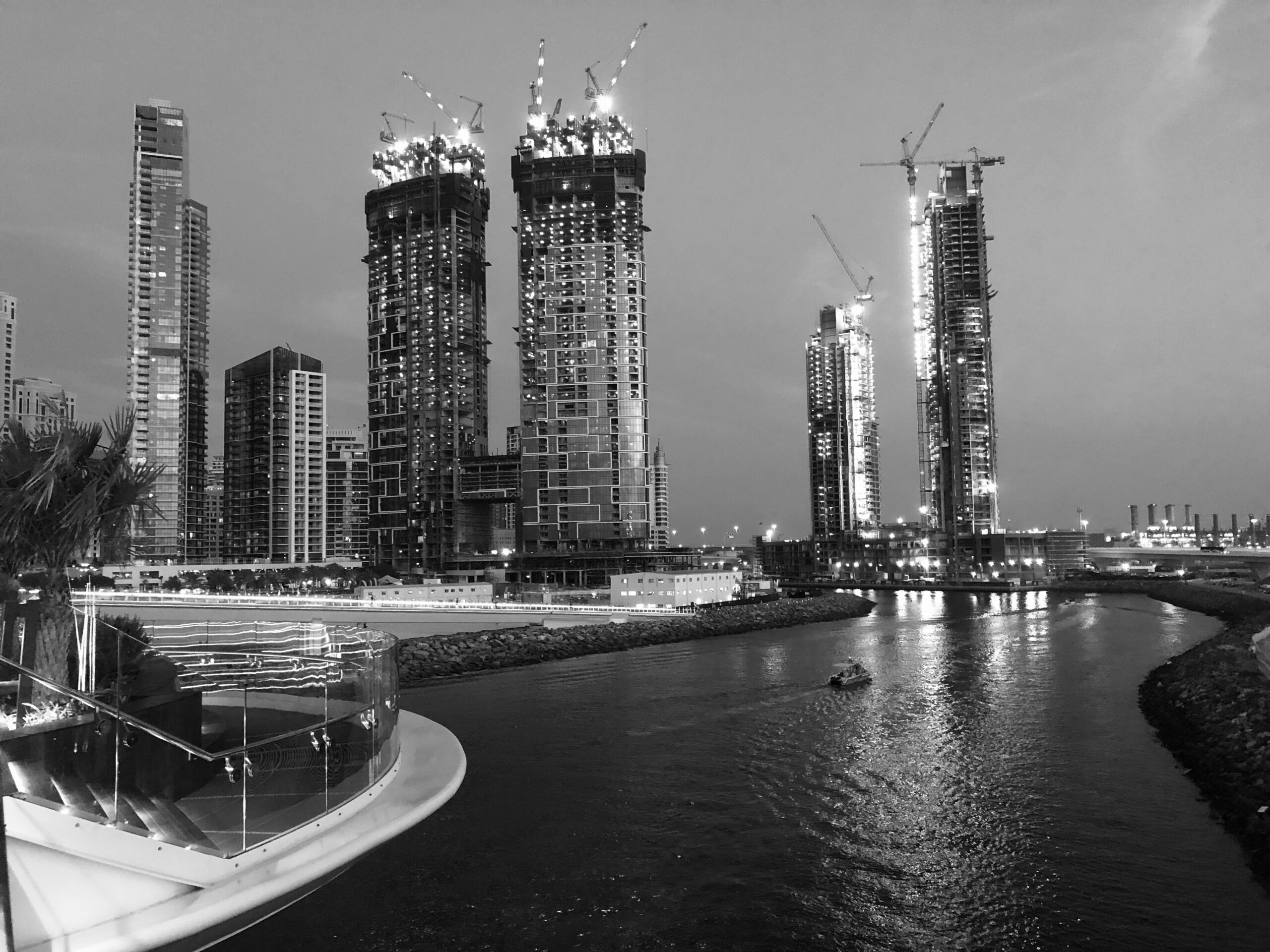Introduction
Dubai has long been a magnet for real estate investors, thanks to its luxurious lifestyle, futuristic infrastructure, and investor-friendly policies. But what truly sets it apart is its favorable tax environment. Unlike many other global property markets, Dubai offers tax advantages that can significantly increase your ROI. Whether you’re a seasoned investor or a newcomer exploring the Dubai property scene, understanding the tax implications is crucial.
In this guide, we’ll break down everything you need to know about real estate taxes in Dubai and how you can make the most of them.
Want to explore properties with the best returns? Browse our investment guides or contact us directly to get personalized advice.
Why Dubai’s Tax System Attracts Real Estate Investors
Zero Income Tax
One of the biggest draws for investors is Dubai’s zero income tax policy. This means:
- No tax on rental income
- No capital gains tax
- No property inheritance tax
This allows investors to keep more of their profits, a rare advantage compared to other global cities like New York, London, or Singapore.
No Annual Property Tax
Dubai does not charge an annual property tax. Unlike countries that impose recurring fees on property owners, Dubai only requires a one-time property registration fee of 4% at the time of purchase.
That’s a massive incentive for long-term investors.
Key Taxes and Fees You Should Know About
1. Dubai Land Department (DLD) Fee
When purchasing property in Dubai, buyers must pay a 4% DLD transfer fee, typically split 50/50 between buyer and seller unless otherwise agreed.
2. VAT on Commercial Properties
While residential property sales are exempt, VAT (5%) applies to commercial real estate. This includes:
- Offices
- Warehouses
- Retail spaces
For residential properties, VAT may only apply if you’re purchasing off-plan and the developer is registered for VAT.
3. Service Charges & Maintenance Fees
Though not a tax, service charges are ongoing costs every property owner must account for. These cover:
- Security
- Cleaning
- Maintenance of common areas
These fees vary by building and developer, so it’s important to factor them into your ROI calculations.
Is There Capital Gains Tax in Dubai?
No, Dubai does not impose any capital gains tax on property sales. This means if you purchase a property at AED 1 million and sell it for AED 1.5 million, the AED 500,000 profit is yours to keep in full.
This is particularly attractive to flippers and short-term investors looking for high returns in fast-growing communities.
Looking for areas with high appreciation potential? Check our latest guide on Top Dubai Areas for High ROI in 2025.
Tax Residency and Implications for Foreign Investors
Dubai welcomes foreign investors with open arms. However, if you are a tax resident in another country, your local tax obligations may still apply. For instance:
- U.S. citizens must report global income.
- Investors from certain European countries may also need to declare overseas investments.
It’s always advisable to consult a tax advisor in your home country to understand dual-taxation implications, if any.
That said, Dubai does have Double Taxation Avoidance Agreements (DTAAs) with many countries, reducing the risk of being taxed twice on the same income.
Corporate Tax Implications (New in 2023)
In 2023, the UAE introduced a 9% corporate tax on business profits exceeding AED 375,000 annually. However, this does not apply to individuals investing in personal capacity.
If you’re investing through a legal entity or real estate company, this tax may be applicable. In such cases, proper structuring becomes essential to minimize your tax liability.
Interested in setting up a real estate company in Dubai? Visit our Business Setup in Dubai guide.
Real Estate Investment Trusts (REITs) and Tax
REITs are growing in popularity in Dubai, offering a hands-off approach to real estate investing. Most REITs are structured to be tax-efficient, especially for non-resident investors.
If you want exposure to Dubai real estate without owning physical property, this could be a great alternative.
Summary: Key Takeaways for Investors
- No income, capital gains, or annual property taxes for personal investors
- 4% one-time property registration fee
- 5% VAT applies only to commercial properties
- No tax on rental income for residential units
- New corporate tax affects only businesses, not individuals
- Dubai’s DTAA agreements can help avoid double taxation
Want to learn how to maximize your returns in Dubai? Explore our expert investment tips.
Final Thoughts & Next Steps
Dubai offers an unbeatable combination of high returns and low taxes, making it a top destination for real estate investors in 2025. But smart investing means understanding not just where to buy—but also how the tax system works in your favor.
Still have questions about taxes or need help finding the perfect property? Reach out to our expert team today for a one-on-one consultation.
You’re just one smart decision away from capitalizing on Dubai’s booming real estate market.




